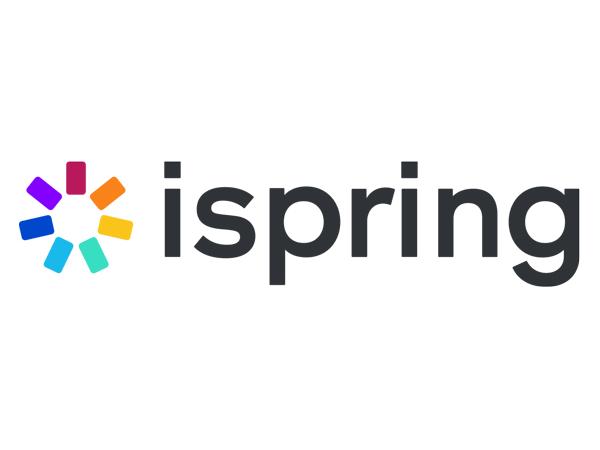
Strategies for effectively assessing students online

As institutions embrace technology to improve the student experience, adopting effective assessment models will support student engagement and outcomes. While early online assessments replicated the pen-and-paper format with a focus on multiple-choice questions and standardised testing, there are now more options available for effective and engaging assessments.
“We’re seeing a big shift from traditional assessments towards more interactive and adaptive models,” says Damian Klein, customer success lead for EMEA at iSpring Solutions. Responsive formats such as simulations, drag-and-drop activities, interactive online courses and videos are now more prevalent and allow students to apply their knowledge and skills in a more hands-on manner. “The integration of gamification elements is an especially prominent development in interactive learning,” says Klein.
Using features from game design in learning increases students’ engagement and participation. Integrating self-assessment tools such as quizzes, reflection prompts and self-grading rubrics into online learning platforms enables students to evaluate their progress. When it comes to authoring tools, using comment-enabled quizzes for online assessments and interactive discussion prompts for in-person evaluations when creating tests can be effective, says Klein. Both allow students to engage directly with instructors and peers and contribute to the feedback loop that’s necessary for improving strategy.
Automation, analytics and real-time feedback mechanisms are great technological tools for improving assessment practices, says Klein. Automation tools optimise the creation, distribution and grading of assessments so that instructors can focus on personalised feedback and intervention. Real-time feedback mechanisms such as instant quiz results and automated grading systems with built-in feedback improve the efficiency of assessment and streamline student-faculty interaction.
“We often talk about the powerful combination of an authoring tool and a learning management system [LMS],” says Klein. “We offer this through iSpring Suite, a PowerPoint-based course and assessment creation tool, and iSpring Learn, a reliable LMS.” Additionally, LMS platforms such as iSpring Learn are similar to project management and communication software used in the workplace, so being familiar with these platforms prepares students for future jobs by boosting their technology proficiency.
“It comes down to building smart long-term assessment strategies that involve designing tasks that mirror the complexities and demands of real-life scenarios,” says Klein. “Project-based assessments are great for this as they require students to solve problems specific to their academic field.” LMS features such as live newsfeeds, webinars and shared digital workspaces encourage students to critique each other’s work and collaborate on assignments while streamlining direct communication with instructors for guidance and feedback.
Advancements in generative AI enable instructors to develop adaptive, individual learning paths where assessments evolve based on the student’s performance. “Generative AI is changing instructional design as we know it. Instructors can now use AI-powered authoring tools to create courses and assessments,” says Klein. “At iSpring Solutions, we’ve recently implemented an AI assistant into iSpring Suite Max, which can generate diverse and complex quiz questions based on learning content, suggest scenarios for simulations and help instructors check students’ work.”
Instructors can also implement online polling in assessment design to capture instant feedback from students about their learning experience. “Polls can be used to measure anything from learning satisfaction to why a student made a particular choice during a class or test,” says Klein. The iSpring Learn LMS also tracks student progress and highlights skill gaps that need to be addressed. “Analytics offer insights into student performance patterns and instructors can use this data to enable targeted support for students where needed.”
Find out more about iSpring Solutions.

